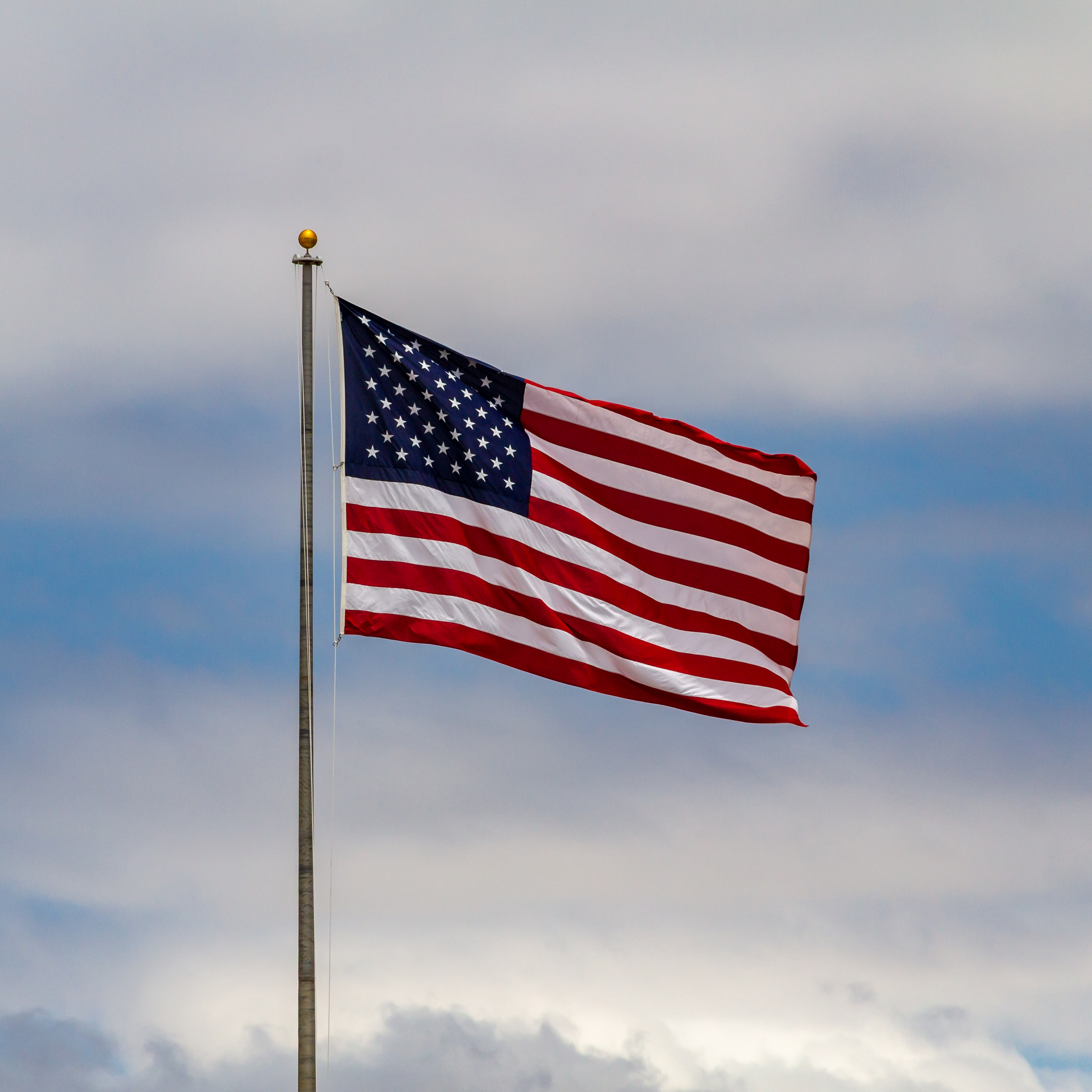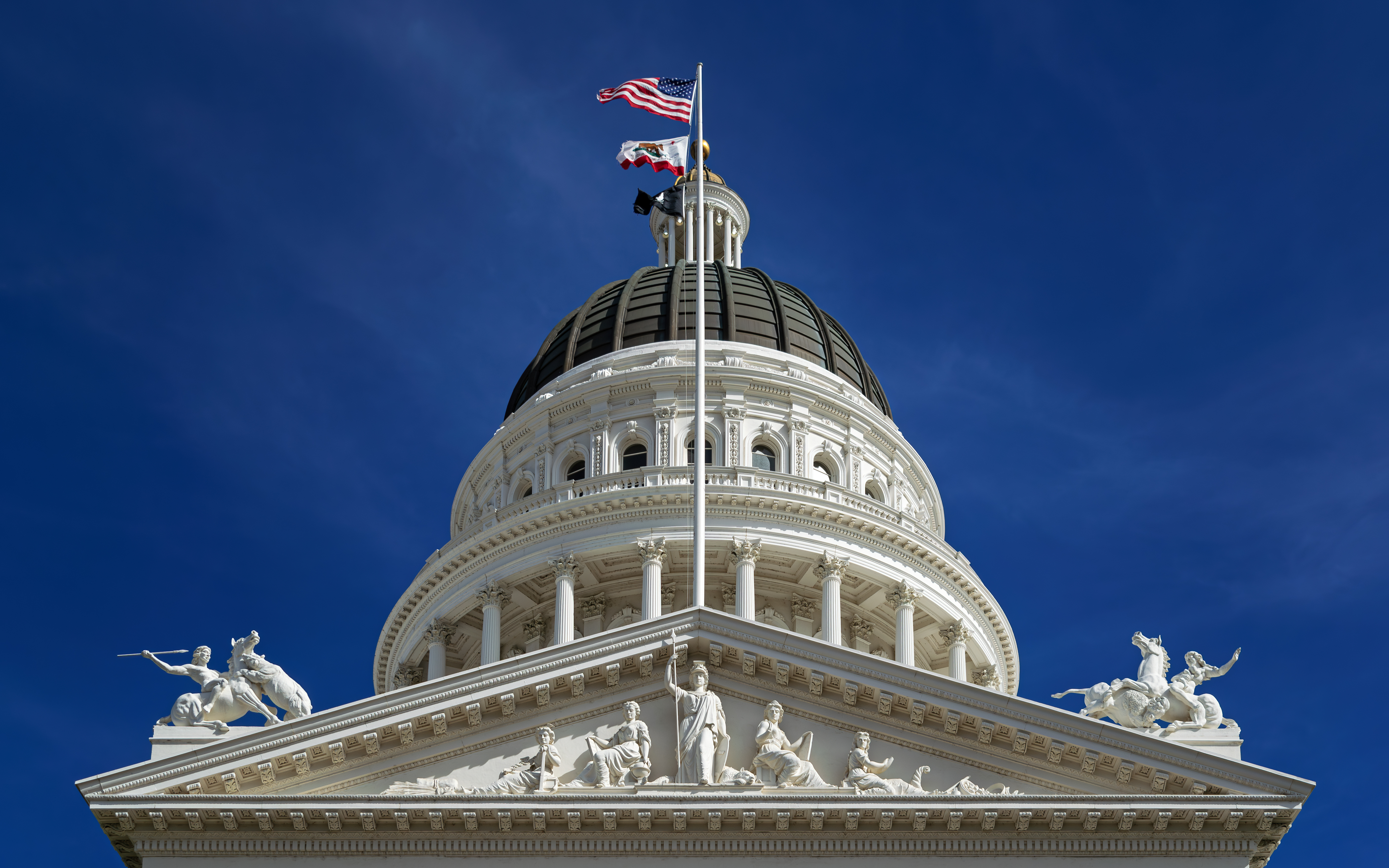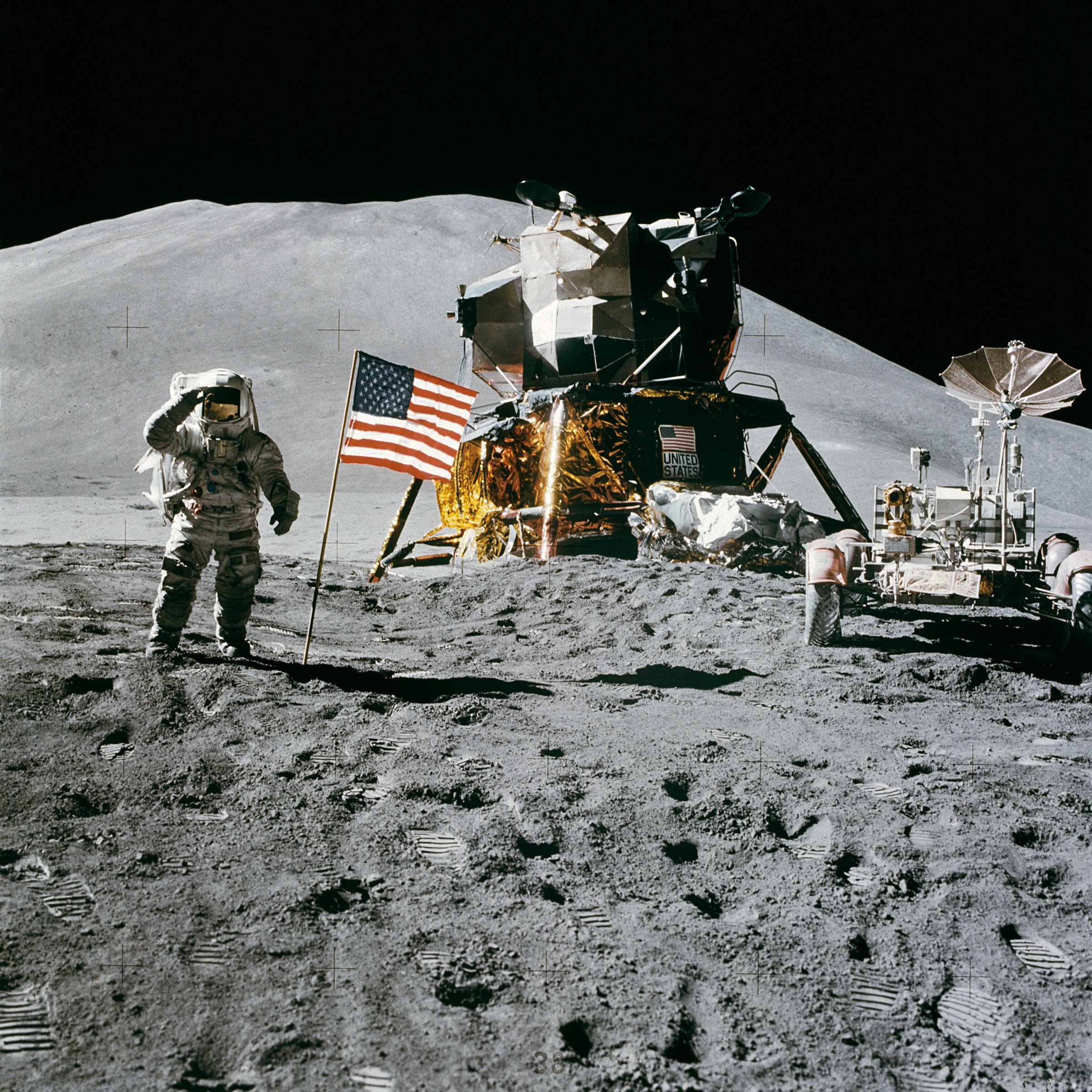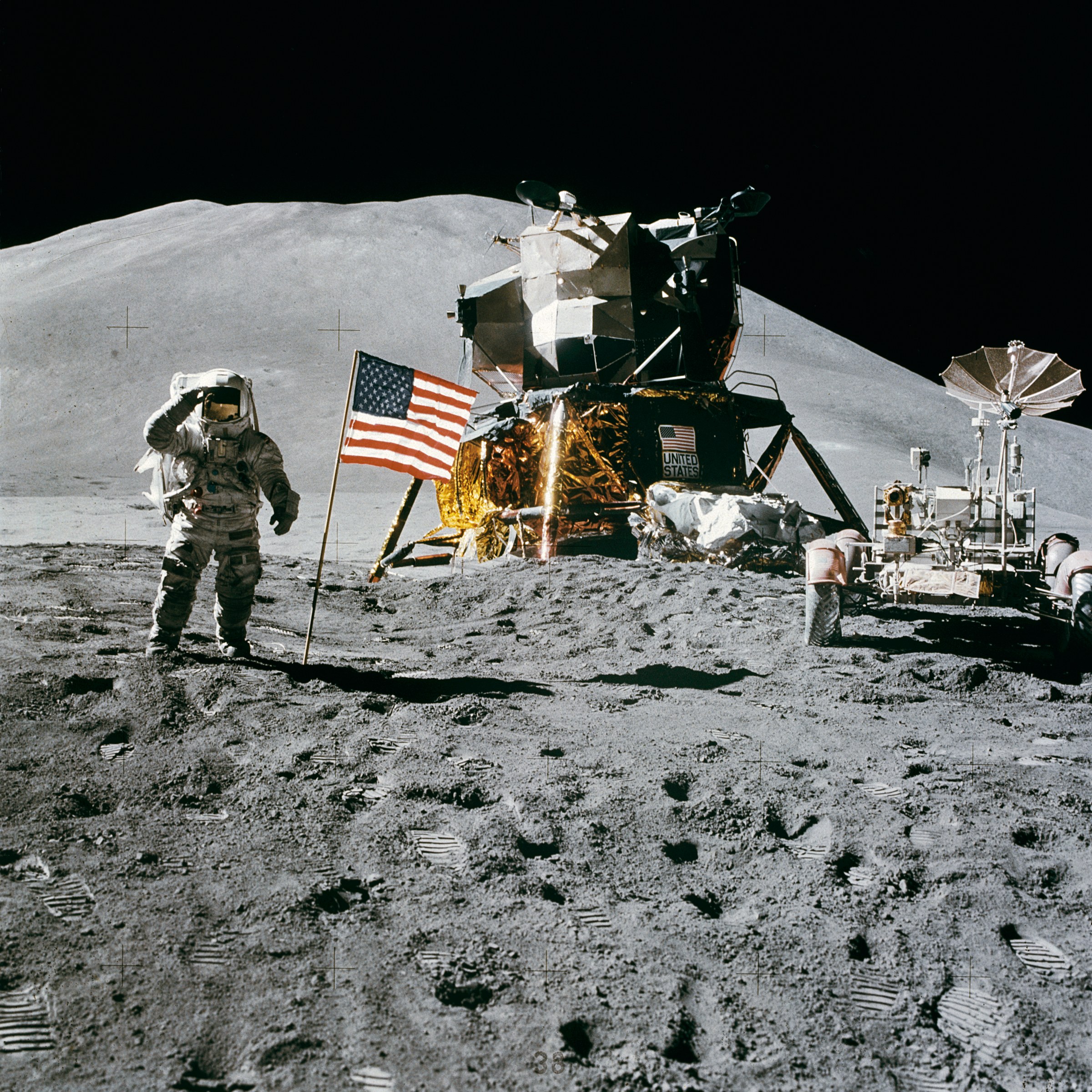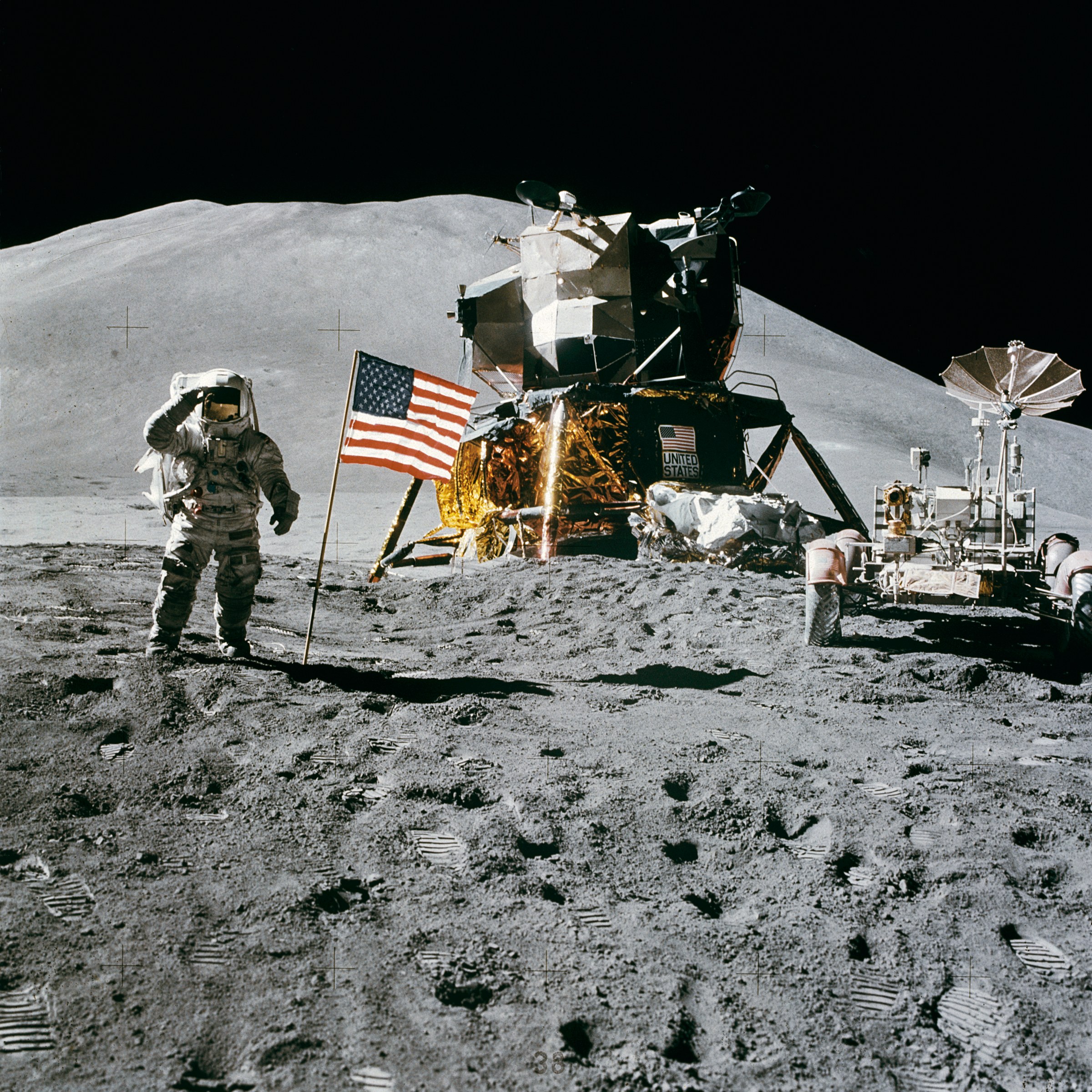When even Bill Maher starts sounding like a Trump supporter, you know something seismic is happening in American politics.
The liberal comedian and longtime Trump critic delivered a stunning admission on his HBO show this week, acknowledging that the former president “does make good deals overseas” and comparing his Middle East achievements to Ronald Reagan’s victory in the Cold War. Coming from one of Hollywood’s most vocal Trump detractors, this reluctant praise signals a narrative collapse that should have globalist elites breaking into cold sweats.
“I have to give credit where credit is due,” Maher conceded, specifically citing Trump’s role in recent Gaza developments alongside his broader Middle East diplomatic successes. The admission came with the predictable caveat about domestic concerns, but the damage to years of “Orange Man Bad” programming was already done.
This isn’t just another cable news soundbite—it’s a watershed moment that exposes the fundamental bankruptcy of establishment foreign policy thinking. For decades, the Washington swamp promised that American leadership meant endless committee meetings, multilateral hand-wringing, and genuflecting before international bureaucrats who view American strength as an inconvenience to be managed rather than celebrated.
Trump shattered that failed paradigm with a simple formula: peace through strength, backed by economic leverage and unwavering commitment to American interests. The results speak louder than any pundit’s spin. Historic Middle East peace agreements that experts claimed were impossible. NATO allies finally paying their fair share. Trade deals that prioritize American workers over corporate globalists. Energy independence that freed America from Middle Eastern blackmail.
The Founders understood what today’s foreign policy establishment forgot—that effective diplomacy requires decisive executive leadership, not endless congressional theater or State Department groupthink. When America projects strength and clarity of purpose, our enemies retreat and our allies respect us. When we lead from behind or apologize for American exceptionalism, chaos fills the vacuum.
Maher’s grudging acknowledgment reveals something deeper than partisan politics: even Trump’s harshest critics cannot ignore results that benefit ordinary Americans. While establishment Republicans spent decades managing America’s “inevitable decline,” Trump proved that decline was a choice, not destiny. His foreign policy victories demonstrated that America doesn’t need to accept scraps from the globalist table—we can flip the table and write our own menu.
The economic implications extend far beyond diplomatic ceremonies. Trump’s deal-making created tangible benefits for American workers, farmers, and manufacturers who had been sacrificed on the altar of “global cooperation” for too long. Energy independence meant American families weren’t held hostage by foreign dictators every time they filled their gas tanks. Trade renegotiations meant American factories could compete on level playing fields instead of rigged games.
Perhaps most importantly, Trump’s approach restored something intangible but invaluable: American confidence. For too long, our leaders acted as if American leadership was something to apologize for rather than celebrate. Trump reminded the world—and reminded Americans—that our constitutional republic remains humanity’s best hope for freedom and prosperity.
Maher’s attempt to compartmentalize Trump’s overseas success while maintaining domestic criticism reveals the left’s growing panic. They’re watching their carefully constructed narrative crumble as more Americans recognize that strength abroad and constitutional governance at home aren’t contradictory—they’re complementary.
The broader implications should energize every patriot watching this unfold. When liberal entertainers start acknowledging conservative foreign policy victories, it signals a tectonic shift in public consciousness that no amount of mainstream media spin can reverse.
As we look toward America’s future, Trump’s diplomatic legacy provides a roadmap for restored greatness: lead with strength, negotiate from positions of power, prioritize American interests, and never apologize for American exceptionalism. Even Bill Maher can see it working.
The question isn’t whether America First foreign policy succeeds—even its critics now admit it does. The question is whether Americans will demand more of the same.

